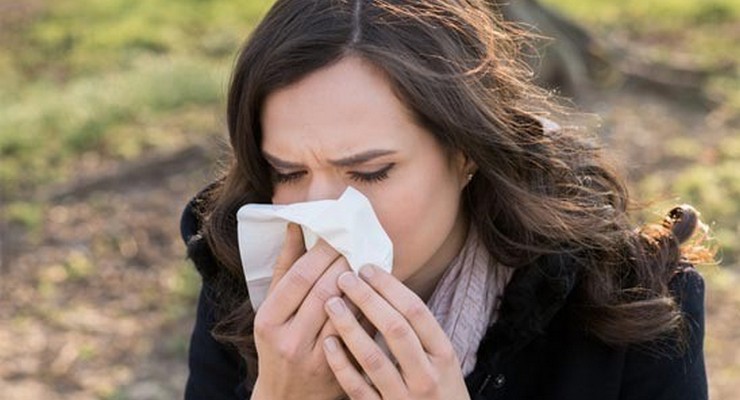
The arrival of spring brings with it a sense of renewed hope and joy along with seasonal blooming flowers, budding leaves and – yes – dreadful allergies!
For many of us, spring marks the beginning of allergy season! In fact, more than 50 million Americans experience various types of allergies each year, and allergies are the sixth leading cause of chronic illness in the U.S., according to the Asthma and Allergy Foundation of America.
Dr. Salima Thobani, an Allergist Immunologist with Kaiser Permanente Southern California, says the biggest spring allergy trigger is pollen.
“As the weather gets warmer and drier, trees, grasses and weeds release these tiny grains into the air to fertilize other plants,” Dr. Thobani explained. “When they enter the nose of someone who’s allergic, they send the body’s defenses haywire.”
When a person has an allergic reaction, his/her immune system produces a “weapon” called an antibody, according to Dr. Thobani. These antibodies help to recognize allergens we are exposed to, and cause our immune cells to fight off the allergen, resulting in the typical symptoms associated with allergy episodes.
Symptoms of seasonal allergies include:
- Itchy, watery eyes.
- Sneezing.
- Runny, stuffy or itchy nose.
- Headache and fatigue.
- Sore throat or coughing.
You can reduce your exposure to pollen by:
- Keeping your house and car windows closed; using your air conditioning system can be helpful.
- Limiting the time you spend outside when pollen counts are high (during mid-day and afternoon).
- Wearing a pollen mask or dust mask if you need to mow the lawn.
- Rinsing your eyes with cool water or saline eyedrops to remove clinging pollen after you come indoors.
- Taking a shower and changing your clothes after you work or play outside.
According to Dr. Thobani, there’s no cure for seasonal allergies. However, there are several medications, including antihistamines and nasal steroids, which can provide relief and help a person breathe a little easier. Over the counter antihistamines that can be effective include loratadine (Claritin), fexofenadine (Allegra), or cetirizine (Zyrtec). The benefit of these medicines is that they cause less drowsiness compared to other common antihistamines such as diphenhydramine (Benadryl) or chlorpheniramine (Chlortrimeton).
“Because allergy symptoms – such as weepy eyes, runny nose and sneezing – typically peak in the morning hours, taking your 24-hour allergy medication before going to bed often means that you’ll get the maximum effect when you need it the most,” Dr. Thobani said.
If a person has a history of moderate or more severe allergy symptoms, it would be advantageous to start a steroid nasal spray and continue it through the season, she noted. These medicines are available over the counter without a need for a prescription, and include fluticasone (Flonase) or triamcinolone (Nasacort).
Kaiser Permanente offers valuable information on how you can better handle your allergies.














